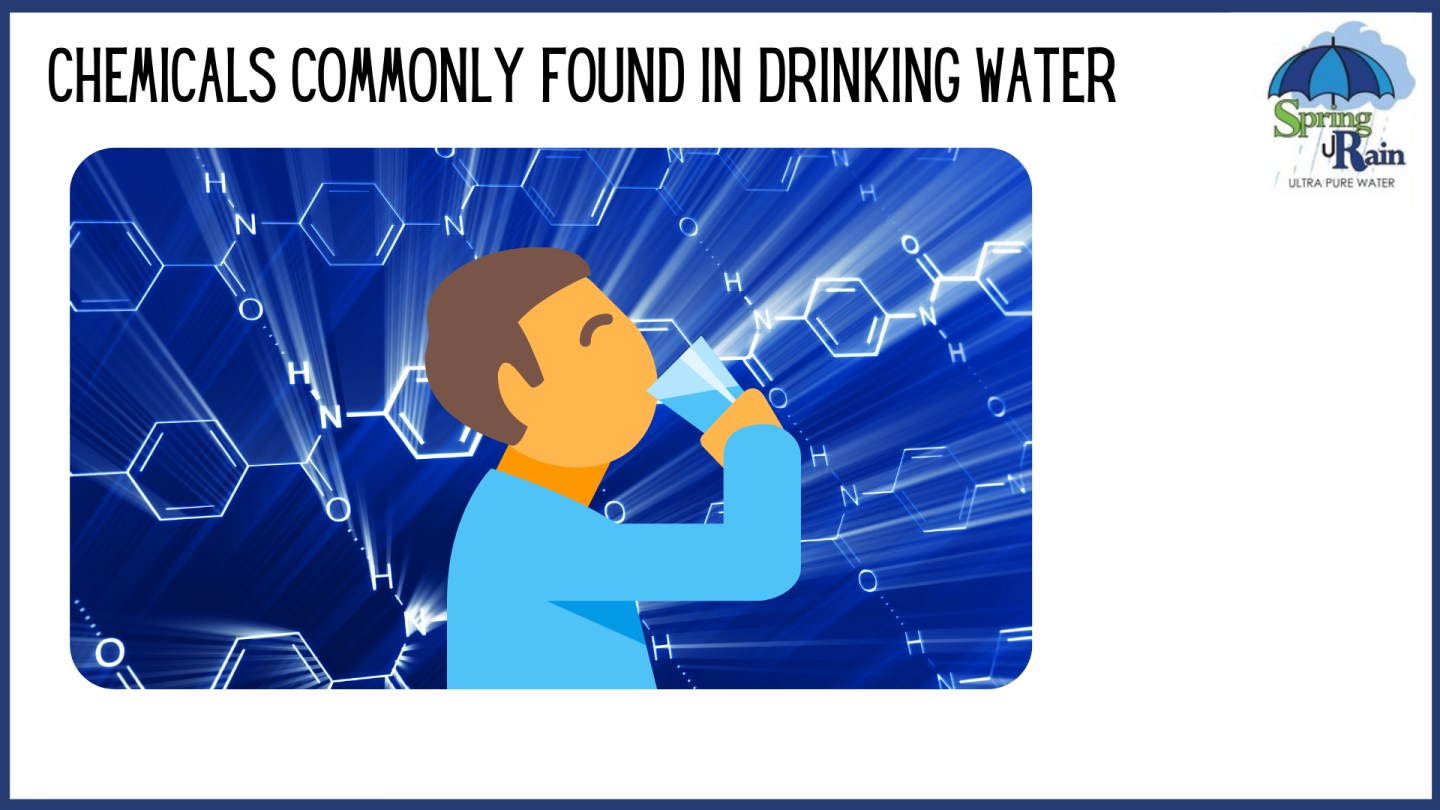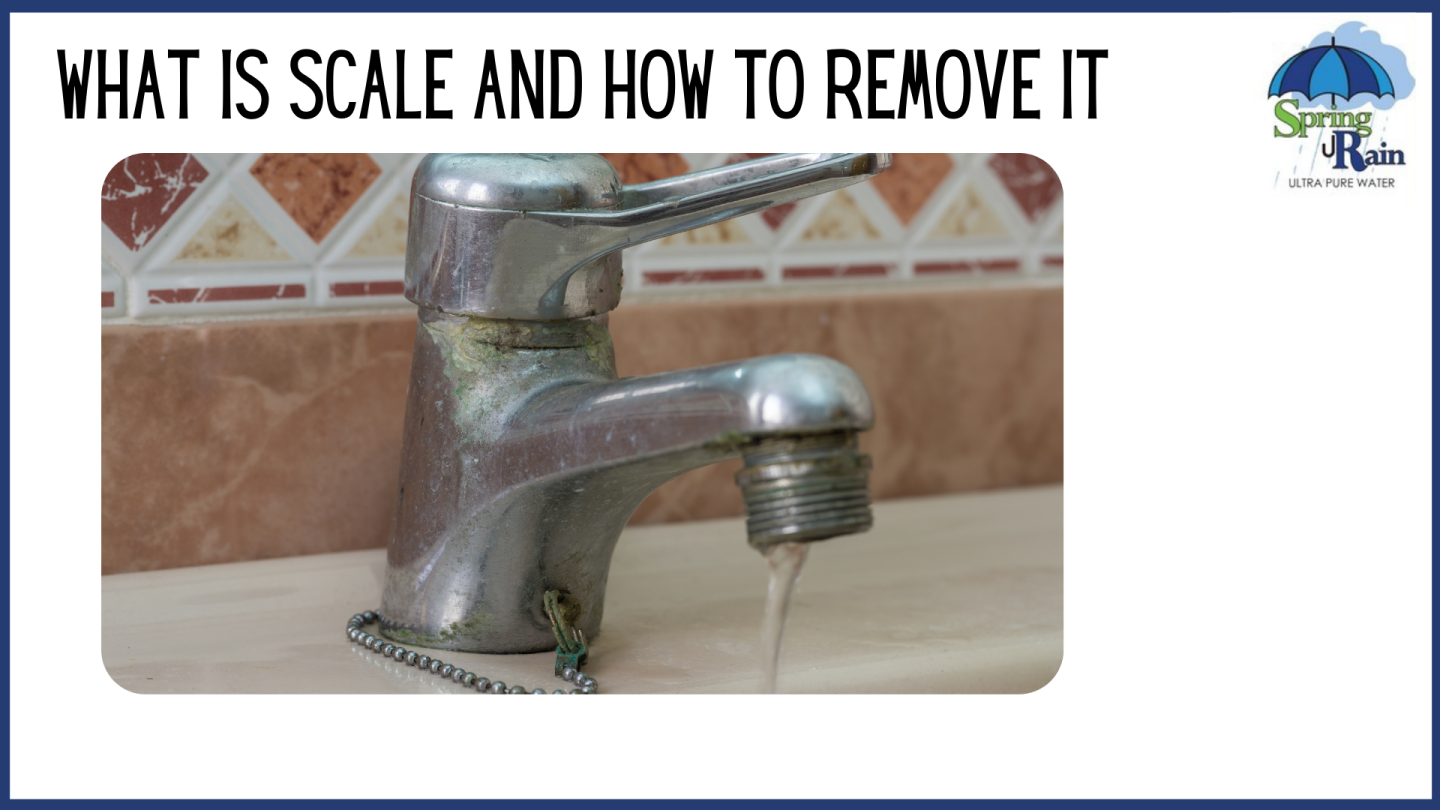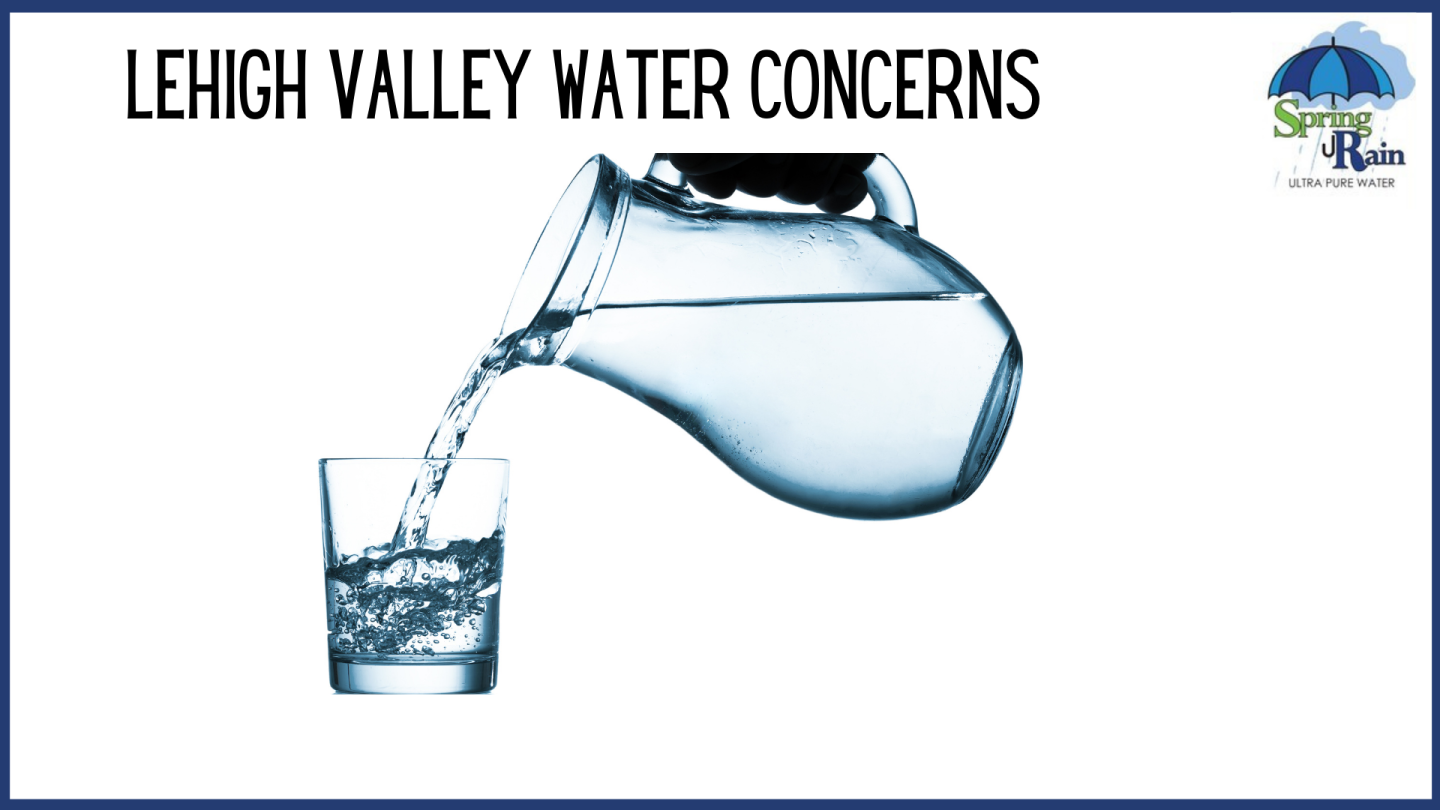Everyone loves cold water pouring out of their faucets on a hot summer day, as well as hot water flowing out of the showerhead. What is coming out of that faucet, though can be concerning? There is any number of less than healthy man-made chemicals that can reduce the pleasure of freshwater.
Pharmaceuticals: Prescription drugs can get into the water supply when people choose to flush unused medications down the toilet or sink.
Vinyl chloride: This is a cancer-causing material used in making PVC plastic products, as some pipes. It can leach from older PVC piping and it has been found in the drinking water of some communities.
Chemical additives to water: Not all chemicals in water are monitored or regulated, like the common perchlorate and PFOA/PFOS which are chemical cousins of Teflon. These chemicals are found in many of Americans’ tapwater supplies. There has been a push to get PFOA/PFOS regulated in New Jersey.
Lead: Lead is a heavy metal that leaches from lead pipes and plumbing fixtures, as when the water flowing through them is corrosive; water with a pH value below 7.0 is considered acidic. Lead can cause neurological and behavioral problems in children and adverse health effects in adults. While more often an issue in towns and cities with older systems, what is often forgotten is that new brass features and faucets can still have a high amount of lead.
Nitrates: These are a widespread contaminant also known as fertilizer. Runoff from farms or factory farms can go into both surface and groundwater and wind up in drinking water. The EPA (EPA.GOV) set a limit of 10 parts per million for nitrates, which can be harmful to pregnant women and infants.
Getting your water tested yearly can keep you on top of the quality of your water. From historic Jim Thorpe to Stroudsburg keeping your water fresh, refreshing, and free of additives, Spring Rain can help you decide which filtrations system is best for you! Call them today!







Recent Comments